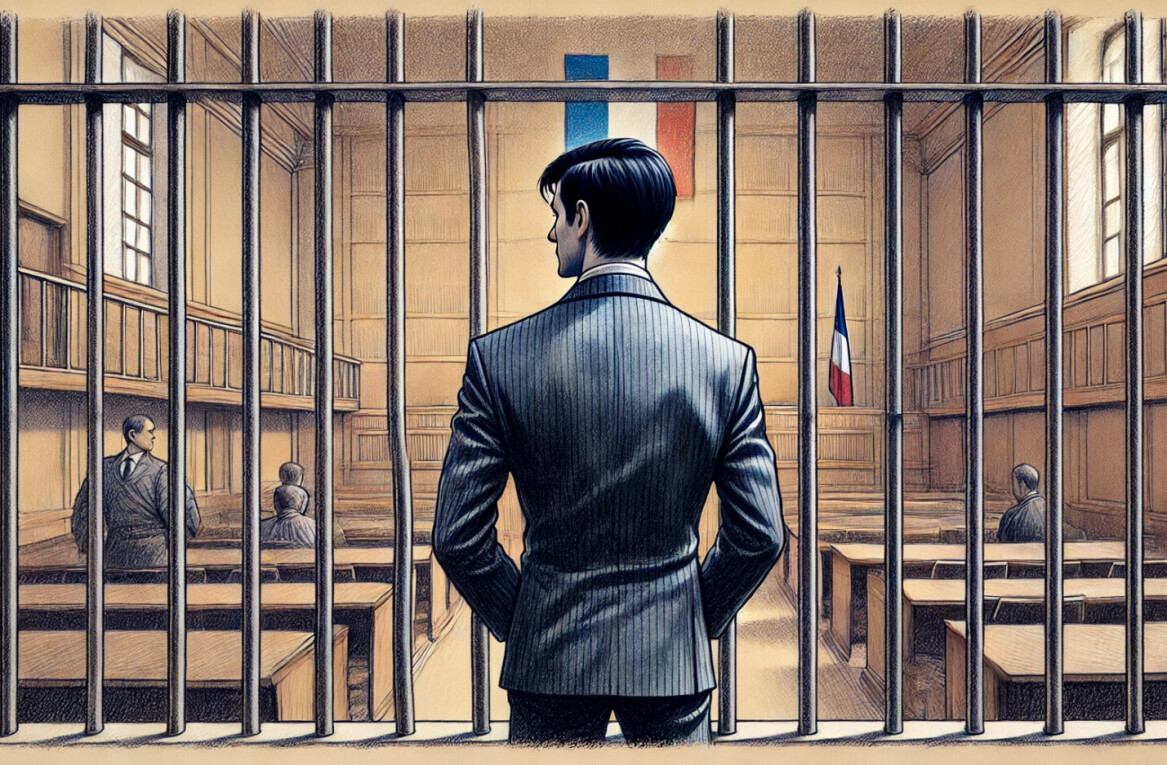
Social media certainly has its uses. It’s a marketing tool, a journalism tool, and even has a role in fighting crime. Today it can add another accolade to an already long list: taking a stand against the Man.
Deborah Kudzman, the owner of a small Canadian business, Olivia’s Oasis, found herself the subject of a trademark lawsuit courtesy of Lassonde Industries and its juice product, Oasis, after she refused to heed demands to stop using the name, recall all merchandise and hand over any profits made to the corporation.
The legal battle itself is by no means recent, beginning in 2005, and coming to a temporary end five years later, when Kudzman, walked away with a court order that Lassonde would pay her $100,000 in legal costs, as well as $25,000 in punitive damages. As the Vancouver Sun points out, at the time, the court noted that the word ‘oasis’ had been used in the name of 67 corporations.
Unable to leave well enough alone, Lassonde once again went after Kudzman, appealing the court order, and won, meaning that Kudzman was left shouldered with the cost of her legal fees.
Unfortunately for Oasis, it was a move that will see it added to a growing list of public relations moments of ‘What were they thinking’? And the best part is – if it hadn’t been for social media, things would have probably played out very differently.
It didn’t take long for Facebook, where the brand has over 34,000 fans, and Twitter users to unleash a tirade against the juice manufacturer, threatening to boycott it, and criticizing the decision for a corporation of its size to go after a one-man business.
The National Post points to a tweet from Canadian TV host Guy A. Lepage, going out to his 100,000+ followers, speaking out against Oasis. His tweet, in French, read “I don’t drink Oasis juice anymore. [This is] my way of protesting.”
Moi j’en bois plus du jus Oasis bon. Ma façon de protester ! cyberpresse.ca/actualites/que…#oasis
— Guy A Lepage (@guyalepage) April 7, 2012
Oasis’ social media nightmare started on Saturday. By Sunday, Lassonde had sent a senior executive to Kudzman, armed with a promise that the company would be covering her legal costs after all.
Kudzman told The National Post, “I could never in my wildest dreams have imagined the viral aspect of it. I think it’s almost unprecedented in Quebec. I spent seven years fighting this, and within basically 48 hours, because of the outpouring of support, it was resolved”.
Lassonde’s experience is yet another lesson to large corporations, that while social media makes a great marketing tool, giving their voices a platform, it also gives their fans an even bigger voice.
Social media is a collective megaphone, a digital version of the human microphone, and once a story goes viral, there’s no stopping it. We’ve even seen social media campaigns and stunts turn on themselves, as was the case for Bayern Munich and Nikon. Invisible Children’s Stop Kony campaign is a perfect example of how social media can be both a blessing and a curse.
In the case of Oasis, however, this feel-good story of the day is a reminder that the backlash of social media extends far beyond what companies put out on the platforms themselves, and sites like Facebook and Twitter are becoming a common tool of accountability.
Get the TNW newsletter
Get the most important tech news in your inbox each week.





